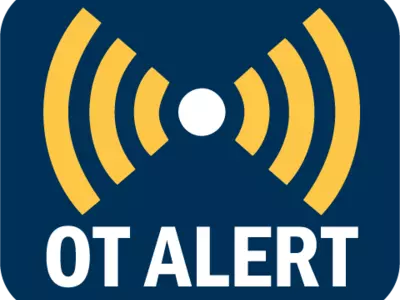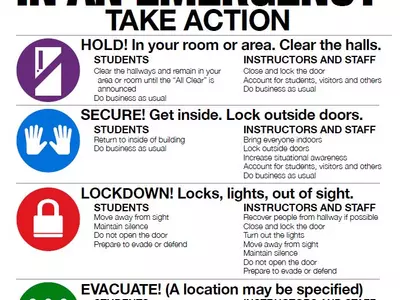
At Oregon Tech, Emergency Management works collaboratively with its campus and community partners to support the university’s comprehensive, all-hazards approach in building organizational and personal resilience to the impacts and stressors of emergencies, natural disasters and public safety incidents. This outcome is achieved through the use of highly effective, creative, inclusive and sustainable prevention, preparedness, mitigation, response and recovery strategies.
Key Emergency Management Strategies
Core Functions of Emergency Management
| Learn more about Oregon Tech's emergency notification system OT Alert. | Learn more about the Standard Response Protocol (SRP). | Learn more about Oregon Tech's inclement weather procedures. |









